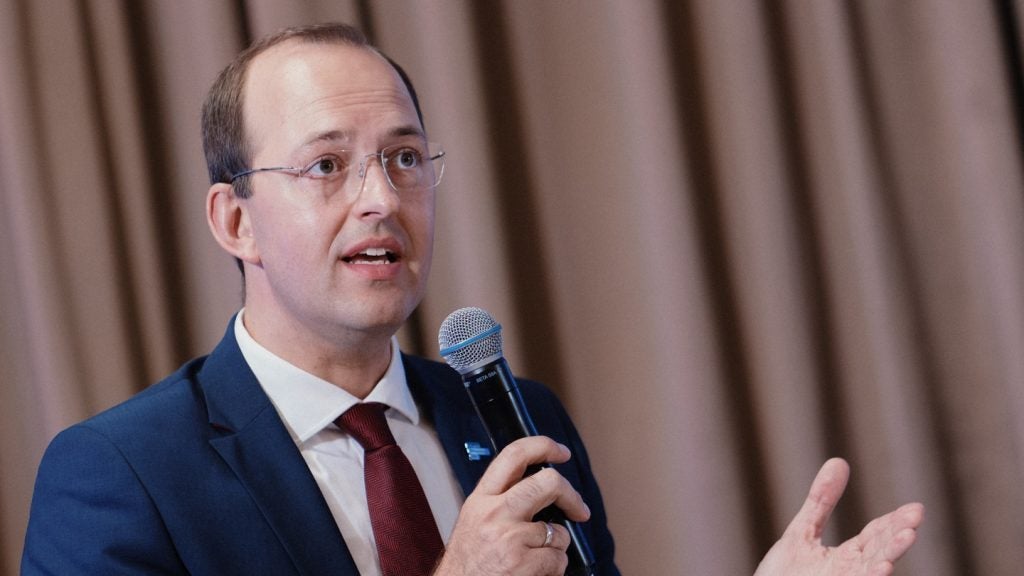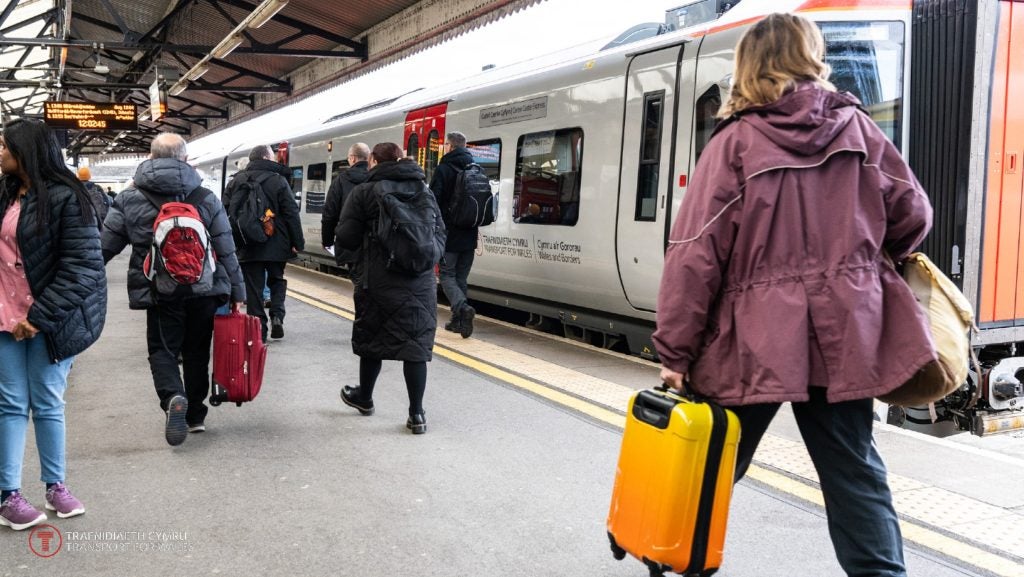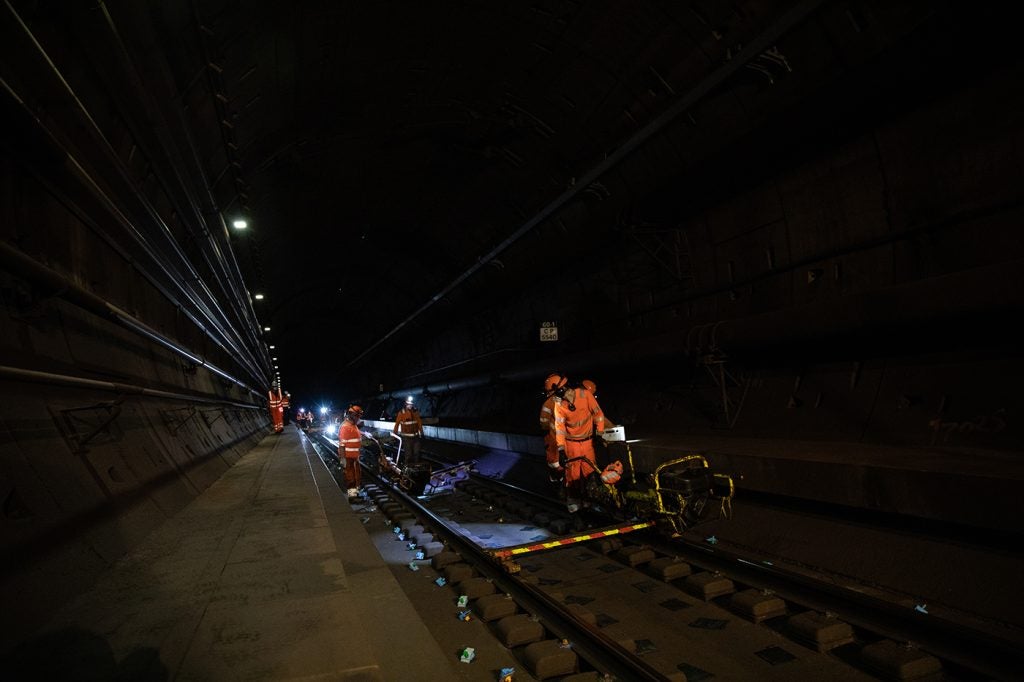

Maintaining the safety and security of passengers across a public transport network is a complex challenge for rail operators and police forces. With tens of thousands of users moving through trains, platforms, stations and using different modes of transport, there is an unenviable amount of ground for police officers and security staff to cover, meaning there is always a high potential for crime and antisocial behaviour to slip through the cracks.
The challenge is especially great for the transport authorities trying to tackle sexual offences, which are a problem on almost all networks. Sexual assaults and other serious sexual offences are likely to draw rigorous investigations, but in many cases it’s the low-level instances of harassment, which often lie in the legal grey area between unpleasant acts and actual criminal offences, that go unreported and unchallenged.
From groping on busy train carriages to lewd comments, ogling and indecent exposure, the British Transport Police (BTP) refers to these incidents collectively as ‘unwanted sexual behaviour’, and the victims of this behaviour – the overwhelming majority of whom are women – often feel unable to report their experiences for fear that they won’t be taken seriously.
Project Guardian: BTP targets unwanted sexual behaviour
For the last few years, unwanted sexual behaviour and other sexual offences have been the target of BTP’s London-based sexual offences unit. Transport for London (TfL) survey data suggests that around 15% of Londoners – around 1.2 million people – have experienced unwanted sexual behaviour, of which 90% do not report it to the police.
See Also:
In 2013, BTP’s sexual offences unit partnered with TfL, the Metropolitan Police and campaign groups such as the Everyday Sexism Project, the End Violence Against Women Coalition (EVAW) and Hollaback London to launch Project Guardian, a long-term strategy to make victims on London’s transport network feel supported enough to report unwanted sexual behaviour. The project included extensive public information campaigns, as well as more visible police patrols, re-training of frontline transport police and more targeted use of CCTV tracking, data analysis and text-based reporting services to encourage women to report sexual harassment or abuse, and act on that information when they do.
How well do you really know your competitors?
Access the most comprehensive Company Profiles on the market, powered by GlobalData. Save hours of research. Gain competitive edge.

Thank you!
Your download email will arrive shortly
Not ready to buy yet? Download a free sample
We are confident about the unique quality of our Company Profiles. However, we want you to make the most beneficial decision for your business, so we offer a free sample that you can download by submitting the below form
By GlobalData“We met the BTP in London quite a few times, and it was really interesting to see these police officers learning and becoming interested in it, and realising: ‘Gosh, there’s a whole field here that we just didn’t think about before’, and then working out that you can do something about it,” says EVAW director Sarah Green. “So when the stuff isn’t criminal – because a lot of it isn’t criminal – they worked out they could use railway bylaws, for example, to deal with them, because we don’t have to tolerate it, even if it’s not criminal activity.”
Report it to stop it
Project Guardian was followed in April 2015 by the re-branded ‘report it to stop it’ campaign, which reinforced the same message with a hard-hitting video campaign. And it appears the campaigns have had a pronounced effect – there were 1,603 reports made to the police regarding unwanted sexual behaviour on public transport between April and December 2015, a 36% year-on-year increase. More reports have led to more police action, with a corresponding 40% increase in arrests for offences such as groping, masturbation, leering, sexual comments, sexual acts and taking photographs without consent.
For Green, the fact that the majority of these offences don’t result in prison sentences is secondary to the message from authorities that these acts will be noticed and challenged.
“Of course a lot of the so-called lower-level behaviour is not about imprisonment,” she says. “I don’t think it’s the right assumption to think that’s what those who experience it want. I don’t think they do. The point is to have a visible message on the transport system, be it awareness and posters or be it visibility of transport workers and police, that we take this seriously and we do something about it if you report it.
“BTP did a lot of work with their CCTV systems; what they found was that it’s very intentional behaviour, it’s not opportunistic behaviour. They could see perpetrators entering the transport system and then moving around, going through all the carriages and looking for somebody who’s sat by themselves. They’re doing it because they’ve got total confidence of getting away with it, which is in common with a lot of other social violence, actually.”
BTP’s sexual offences unit faces the future
The visible progress being made by BTP’s sexual offences unit meant that it was a shocking surprise to many when the transport police announced in March 2016 that it was planning to scrap London’s dedicated team, transferring responsibility for the investigation of sexual offences to the wider police force.
“We are ensuring that the significant skills and experience accrued by the existing dedicated sexual offences unit based in London, are captured, standardised and embedded as best practice across the whole new crime business structure at a national level,” said BTP’s assistant chief constable Mark Newton shortly after the announcement.
The response from activists and transport associations was strong – transport union RMT ran a campaign against the scrapping of the unit, while representatives of the Women’s Equality Party called the proposal “blinkered”. Mere days after the plan was announced, BTP backtracked from the proposal, promising to suspend any decision of the future of the sexual offences unit until a “review of the implications of this decision” has been completed. When contacted for an interview on the future of the unit, a BTP spokeswoman noted that the force would not comment on the matter until this review has been carried out and published.
Green acknowledges the limitations of her knowledge about transport policing – “it’s never nice to be just telling people how they should do their jobs, as if you know better,” she says – but puts little stock in BTP’s previous assertion that scrapping the dedicated unit would embed its experience with police forces nationwide.
“We are respectful of the great work they’ve done, but that kind of argument is not very credible to us,” she says. “As the policing arm, if you’re still fairly new to the area, I think it’s not very credible to say, ‘We just got here, we’ve developed some process, some thinking and activity in this area, and oh, it’s already time to mainstream it and not to prioritise it.’ It’s not credible.”
Best practices: specialism, supervision, leadership
Just how important is it that dedicated units pursue sexual offence cases? Certainly, there is immense value in the opportunity for officers to gain specialist knowledge from being embedded in these types of investigations on London’s transport network, and this value would be difficult to replicate without specialisation. Green also points to wider territorial policing, which has shown evidence that police areas without specialist sexual offences units have higher attrition rates for those crimes.
“Our experience is that you absolutely need specialism in this area because the crimes have a specific power dynamic, with particular stereotypes associated with them, and it commonly doesn’t work to just think that any single frontline officer can have expertise and can be prepared to deal with any of the crimes,” says Green.
But as important as many campaigners consider specialist units to be, they are not the be-all and end-all for policing strategy in this field. Green also highlights the importance of collaboration and partnership between many stakeholders, which is something well-suited to the joined-up operations of London’s transport network – Project Guardian and other campaigns had input from BTP, the Metropolitan Police, the City of London Police, the mayor’s office and TfL, as well as activists and women’s groups.
This multi-agency approach is something that would likely need to be maintained with local authorities if London’s specialist unit is to be reproduced in more UK cities, as the all-important message on unacceptable behaviour needs to be consistent.
“The work will achieve the best ends if they’re linked in with local authorities, with other parts of the transport authorities proper, local community leaders and political leaders,” Green says. “There’s not a lot of distinction between being harassed when you’re on the train or the bus or at the bus stop or when you’re walking. For those who, for example, have experienced being followed, which is not uncommon and which is very intimidating, that might cross the boundaries of different modes. So I think it’s about being committed to that conversation across areas of responsibility.”
As BTP continues to review the ways in which it tackles sexual crime and misconduct on public transport, the future of London’s sexual offences unit hangs in the balance. What does Green hope the review committee keeps in mind as they consider the issue?
“I hope they keep in mind the specialism that tackling sexual offences needs, and I would hope they keep in mind that it also needs leadership and prioritising at the strategic level, and good supervision,” she says. “We all know there have been massive cuts for the police and the BTP has had some of the worst cuts. I never want to be the one who’s hectoring; it’s more about [the fact that] such good work has been done in London – why would you walk away already when the workers here know that there’s still so much to learn and achieve?”






